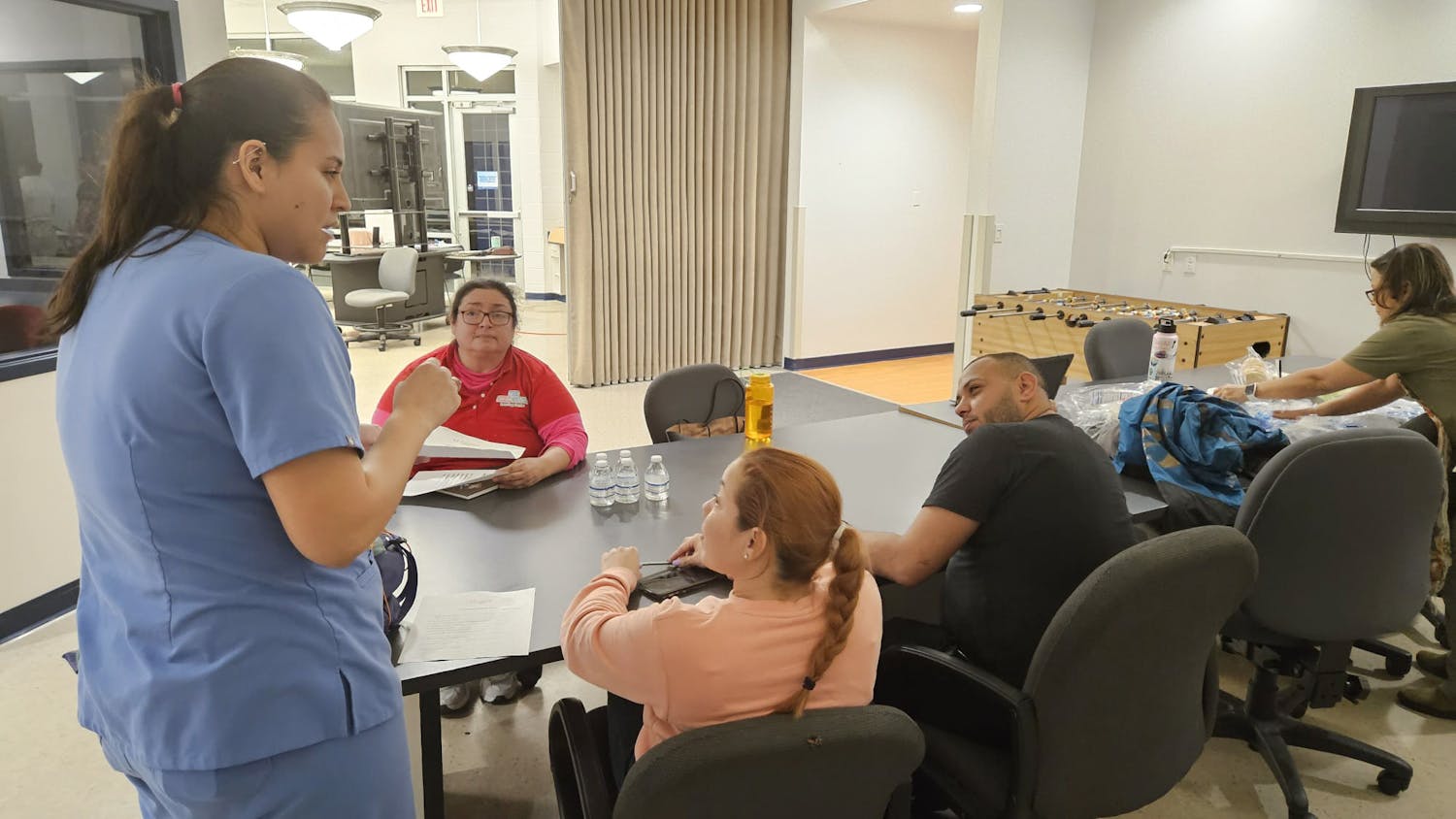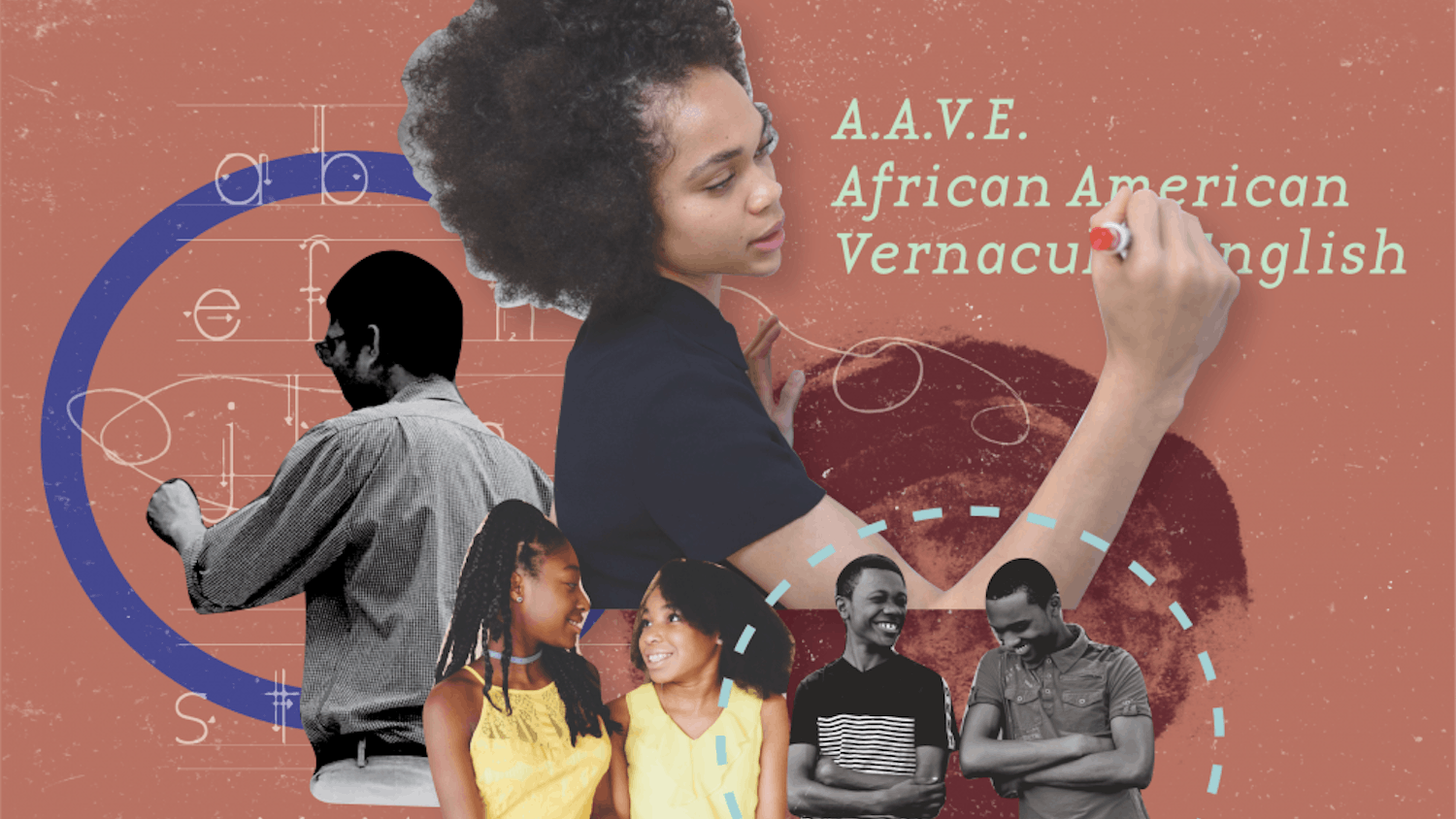It is readily observable that distinct groups of people within any context speak in distinct ways, to varying extents. Different groups use a “standard” national language to communicate within a national context and may use a different language within specific ethnic groups, tribes and families.
What’s more, each group can be broken down into smaller groups, often intersecting and overlapping, and their speech and language or behavior can be influenced by socio-economic status, education, sexuality, gender and other features. Each of these subsets is often termed a “language community.” It should thus come as no surprise that the speech of black Americans in the U.S. is predominantly marked by features that distinguish it from so-called “standard English” and the English of other socio-cultural groups in the U.S.
The question that arises is one of nomenclature: What should this linguistic phenomenon be called? Ebonics? African American Vernacular English? African American English? Just “English”?
The first term that usually comes to mind is that of Ebonics, a coinage of “ebony” and “phonics” by psychologist Robert Williams. He wrote in 1973 that Ebonics entails “the linguistic and paralinguistic features which on a concentric continuum represent the communicative competence of the West African, Caribbean and United States slave descendant of African origin.”
This definition hinges on the vast linguistic influence of West Africa on the new world, at all levels of language — and, furthermore, paralinguistic and communicative aspects — which all represent a black experience that far transcends America and is intrinsically tied to Africa.
Notably, Williams does not mention the language called “English.” Linguist Ernie Smith expounded upon this thought in 1975, writing that “The native language of African-American people is not English. It is Ebonics, the linguistic continuation of Africa in Black America” and asserted that “Black English” is even an antonym of “Ebonics.”
The linguistic basis for these assertions is that the language of black Americans is derived in large part from West African languages and as such, in its grammatical functions, word-formation and sound patterns, at its core reflects these languages, not English.
Obviously, over the course of several hundred years of White hegemony in the U.S., black Americans adapted and learned and acquired aspects of “standard” American English, but have still maintained, in essence, their own language nationally. As discussed initially, inter- and intra-group communication are generally marked by the use of distinct languages or registers, themselves often stratified internally.
Hence it seems strange, from this perspective, to deem the speech of black Americans “African American Vernacular English” (Vernacular is beginning to be omitted because it is seen as pejorative), because it hinges on the assertion that Ebonics is English. It also bears mention that, per disparate influences and family histories, not all black Americans speak Ebonics, and not all speakers of Ebonics are black, which attests to its relevance.
The implications of the conceptualization and nomenclature of Ebonics are profound in that they have sway over educational policy and the shaping of identity and status for a huge segment of our population. I highly recommend Arthur Palacas’s 2001 article, “Liberating American Ebonics from Euro-English,” which traces the development of the language and argues for the incorporation of Ebonics as a medium of instruction in the classroom.
Historians, anthropologists and sociologists have documented the historical and present condition of black Americans and provide an excellent backdrop for the study of the group that I believe should be credited in large part with the establishment and construction of our country, along with priceless contributions to our culture.
Insofar as the language of black Americans is the most authentic linguistic expression of their being and their most efficient means of communication, it should be celebrated as an indelible facet of our culture and testament to the history of America, not shortsightedly dismissed on normative, classist (and racist) grounds. Ebonics is not a bastardization of English, and as such it is not “grammatically incorrect.”
Ebonics, rather, is an affirmation of a people who, in the face of denigration, never relented in the struggle to overcome daunting adversity.
Jordan MacKenzie is a second-year UF linguistics master’s student. His column appears on Wednesdays.





